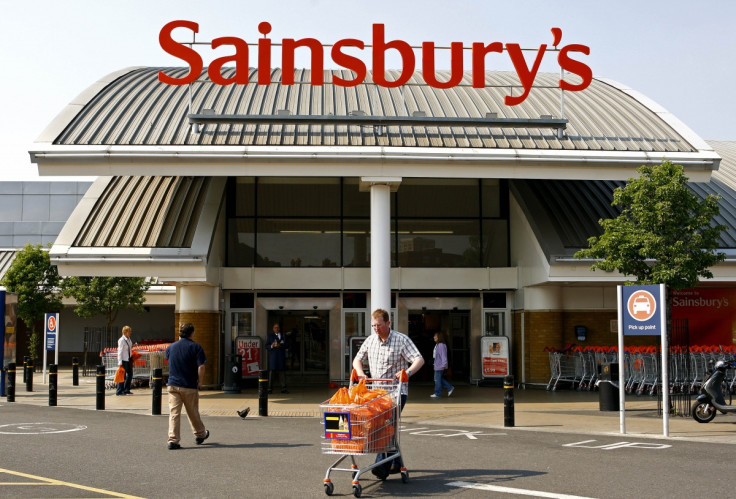Sainsbury's partners with ReFood to use food waste to power some of its UK stores

Sainsbury's is using its leftover food to power some of its stores. It has partnered with food waste processor, ReFood, which runs a series of biological processes called Anaerobic Digestion (AD) on this food waste, to generate the gas.
The food waste is collected from the UK Supermarket chain's Sherburn-in-Elmet and Haydock depots. It is converted by ReFood into gas, heat and fertiliser at one of its two operating AD plants in Doncaster and Widnes. The converted gas is then pumped by ReFood into the national gas grid.
Sainsbury's claimed that about 10% of its national gas consumption was being generated via this partnership. It added that the deal was one of the largest in the UK with 10 of its stores having already increased their use of renewable energy.
All of the leftover food does not go into making gas. The first priority for Sainsbury's is to offer it to charities through its partnerships with donation groups. Of the remaining, food which is not consumable by humans is offered to animal charities as feed. What is remaining after these two steps goes into making the renewable energy.
Paul Densham, utilities buyer at Sainsbury's, said: "Increasing the sustainability of our UK stores is a key corporate priority and we're making great progress in our drive to reduce food waste across the business."
"Working in partnership with ReFood allows us to effectively recycle our food waste, creating renewable energy in result and ensuring that we send zero waste to landfill – a promise we've been able to make for some years now", Densham added.
Philip Simpson, commercial director at ReFood said: "Using our national network of processing plants, we've provided a truly sustainable solution for stores across the UK. What's more, with a highly effective sustainable biofertiliser also generated via the AD process, stores nationwide are working together to effectively close the food supply chain – from farm to fork and back again."
© Copyright IBTimes 2024. All rights reserved.






